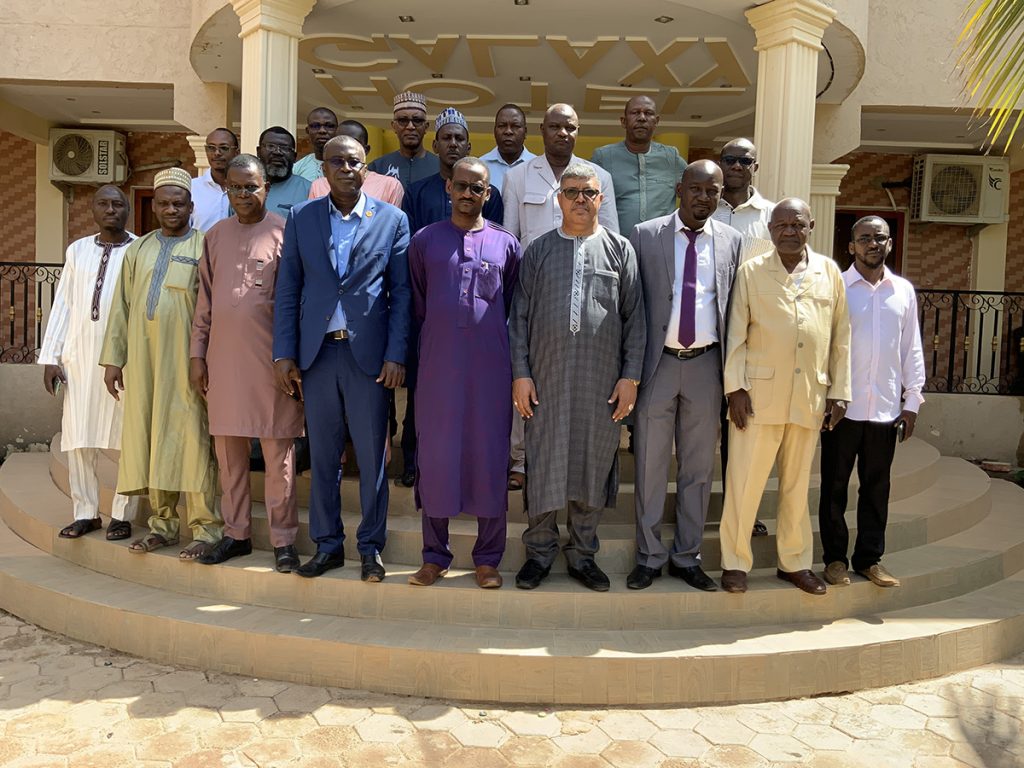
In order to develop an adequate energy supply strategy, especially in the context of Renewable Energy in Niger, the Ministry of Higher Education and Research of the Republic of Niger, and WASCAL have held a workshop in Niger, with the objective to develop a project model within the framework of Renewable Energy, taking into account the country’s priorities in terms of research, education and energy coverage.
At the opening of the workshop, the General Secretary of the Ministry of Higher Education and Research of the Republic of Niger Prof. Moussa AG Arya, observed that Niger has a huge untapped Renewable Energy potential. To this, he said,
‘‘The country is sunny all year round. The average monthly values observed vary from 5 to 7 kWh/day, and the average duration of sunshine is 8 hours per day. Also, Niger has interesting wind potential in the north of the country with an average wind speed of 5 m/s, while the average speed in the south is about 2.5 m/s. In addition, the Niger River, an important resource for hydroelectric production, crosses the country over a length of 500 km’’.
Dr Bruno Korgo, Renewable Energy Regional Coordinator of WASCAL assured the Republic of Niger of the commitment and strong willingness of BMBF to financially support the project. He also said WASCAL will provide the necessary technical assistance and guidance for a successful development of the project.
“I can assure you of the support of the coordination, of the entire WASCAL hierarchy to assist stakeholders in Niger with technical skills, knowledge and with all necessary support for the development of this project “He spoke.
The workshop was attended by stakeholders from Ministries mainly the ministry of Energy, the ministry of Agriculture and Livestock, representatives of the Universities of Niamey, Tillaberi, Maradi, Agadez and Dosso, representatives from the National Research Centre, the National Agency for Solar Energy (ANERSOL), the School of Mines, Industry and Geology (EMIG), and local communities.
Renewable energy offers an excellent opportunity to West African countries to accelerate their socio-economic development while mitigating greenhouse gas emissions and reducing global warming.

